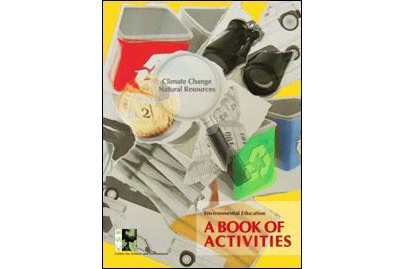People from 16 villages on the Gujarat-Maharashtra border have been demonstrating their resistance to the Par-Tapi-Narmada river interlinking project, another multi-dam project which is slated to submerge 3,572 hectares of forests and displace 25,000 people.
[...] The project is part of the (…)
Resistance to Dam Project Grows in South Gujarat
By Priyanka Borpujari

